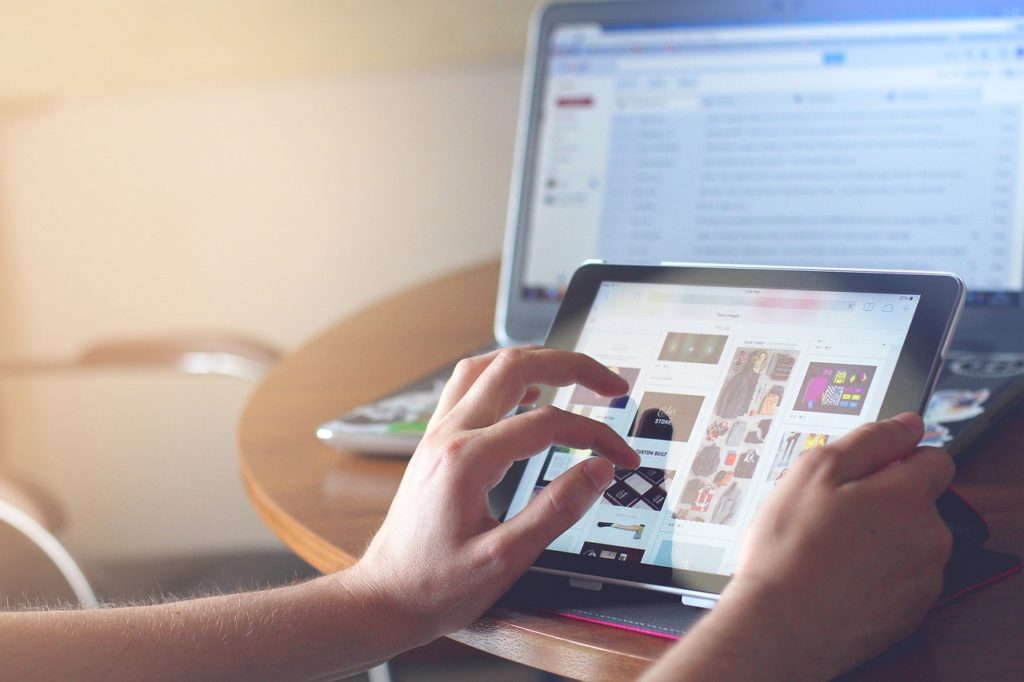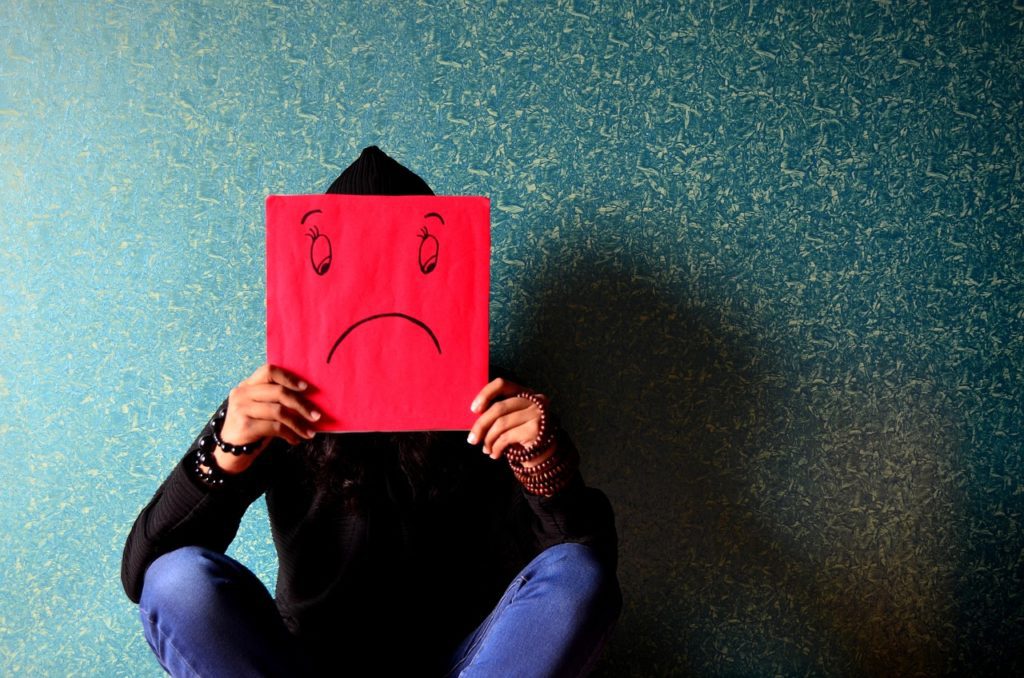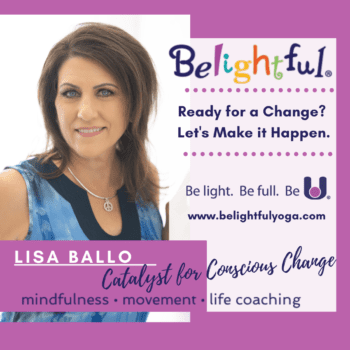With all the talk about diets during the new year, it may be time to consider whether you need to balance your digital diet.
Just as we need to be cognizant of how much sugar, salt, and fat we ingest, it’s important to think about how much hate speech, misinformation, and bad news we’re consuming while on the internet. Especially with social media.
It’s tricky though. The internet, as a whole, can open us up to ideas, people, and groups we may not have otherwise discovered. But it can also fracture your attention, expose you to a slew of negativity, and cause your mental health to take a hit.
The Nature of the Beast
Obviously, the internet and social media are set up to vie for your attention. That’s how apps and social media platforms survive. The more time you spend on them out of avoiding ‘fear of missing out (FOMO)’ thinking, the better for them. They employ designers who know just what it takes to keep viewers locked in.

Which is rather a shame.
These companies make doomscrolling so appealing that it’s difficult to pull away. To simply stop it or avoid getting insnared in other traps is just not that… simple. Soon enough, everyday users and consumers – like the vast majority of us – see the internet as a necessity. And we may not be looking at how much time we’re spending there or the content to which we’re being exposed.
We become digital zombies. By design. So what’s a digital zombie to do?
Start By Examining Yourself
You already know that the online world isn’t reality. But that doesn’t mean it can’t have a negative impact on your well-being. And as frivolous and mindless as we want to believe it is, our own actions can also be having a negative impact on others and the world at large.
For example, do you have a regular habit of using reviews as a weapon to vent about a negative experience at a place of business? If so, have you considered how this may be causing irreversible damage to that business that’s somebody’s lifeblood?
It’s crucial that you have a grasp of who you are when you’re online. If you scroll through your Instagram or Facebook timelines, who do you see? What are you putting out into the world? Do you like that person?
Furthermore, how often are you posting? Can you go a whole day without putting your words out there? If not, are there other things you could be doing instead? (Hint: There are always other things you could be doing.)
Signs It’s Time to Pull Back
Taking a break from the internet, and social media, in particular, is liberating. So how do you know if you’ve crossed the line from casual to problem user?
First, you’re spending an excessive amount of time on it. So much so that you’re avoiding other tasks or bailing on activities to stay “connected.”

Suppose you notice that you’re often comparing yourself (unfavorably or otherwise) with others. In that case, this can trigger poor self-esteem, body-image issues, overblown ego, envy, or any number of other negative experiences. And if you regularly feel sad, angry, lonely, or anxious after engaging online, that’s another sign.
You may even find yourself doomscrolling through social media feeds to the point where you are easily distracted, socially withdrawn, losing sleep, or feeling anxiety when you’re restricted from social media. It’s the first place you go when you wake up and the last place you visit before falling asleep.
There’s one thing you need to do.
Balance Your Digital Diet
Just as you need time off from every other activity or situation in your life, you need to take a break from social media and the internet to gain a new perspective. If you never give yourself time to be quiet, alone, and with your own thoughts, you lose the ability to stay in touch with your authentic self.
Nobody’s suggesting quitting. For most of us, the internet is a necessary component in our lives. And social media can be empowering when used for good (such as finding support groups, volunteer opportunities, jobs, etc.).
Perhaps you start by turning off some of the too-many notifications you’re likely getting. Then begin to ease into the idea of a social media fast for a few hours each day. As you begin to notice the benefits of these breaks, they may become more regular. The amount of time you abstain may increase.
It doesn’t have to be a strict and regimented routine. You’re merely cultivating an ongoing awareness of how the internet and social media are affecting you and then tailoring your breaks based on that. You’ll find a rhythm that makes the most sense for you.
Keep Self-Care a Priority

Finally, taking breaks opens up more time for you to focus on healthy habits for your body and your mind. They’ll allow you to return to and/or maintain a healthy sleep ritual, a nutritious diet, regular medical appointments, and healing body movement like yoga or Pilates.
You’ll also have more time to start utilizing practices that will feed your mind and spirit. These include but are not limited to mindfulness techniques, meditation, gratitude, and journaling.
Interested in Trying Mindfulness Practices?
If you’re seeking to balance your digital diet this year and aren’t sure about the best ways to incorporate mindfulness practices into your life, contact us today.
We have a wide array of online and in-person yoga, meditation, life coaching, and other mindfulness practice offerings. And we’ll come right to your place of business.
Don’t put it off any longer. Free yourself from the shackles of social media and discover what you’re really about.



